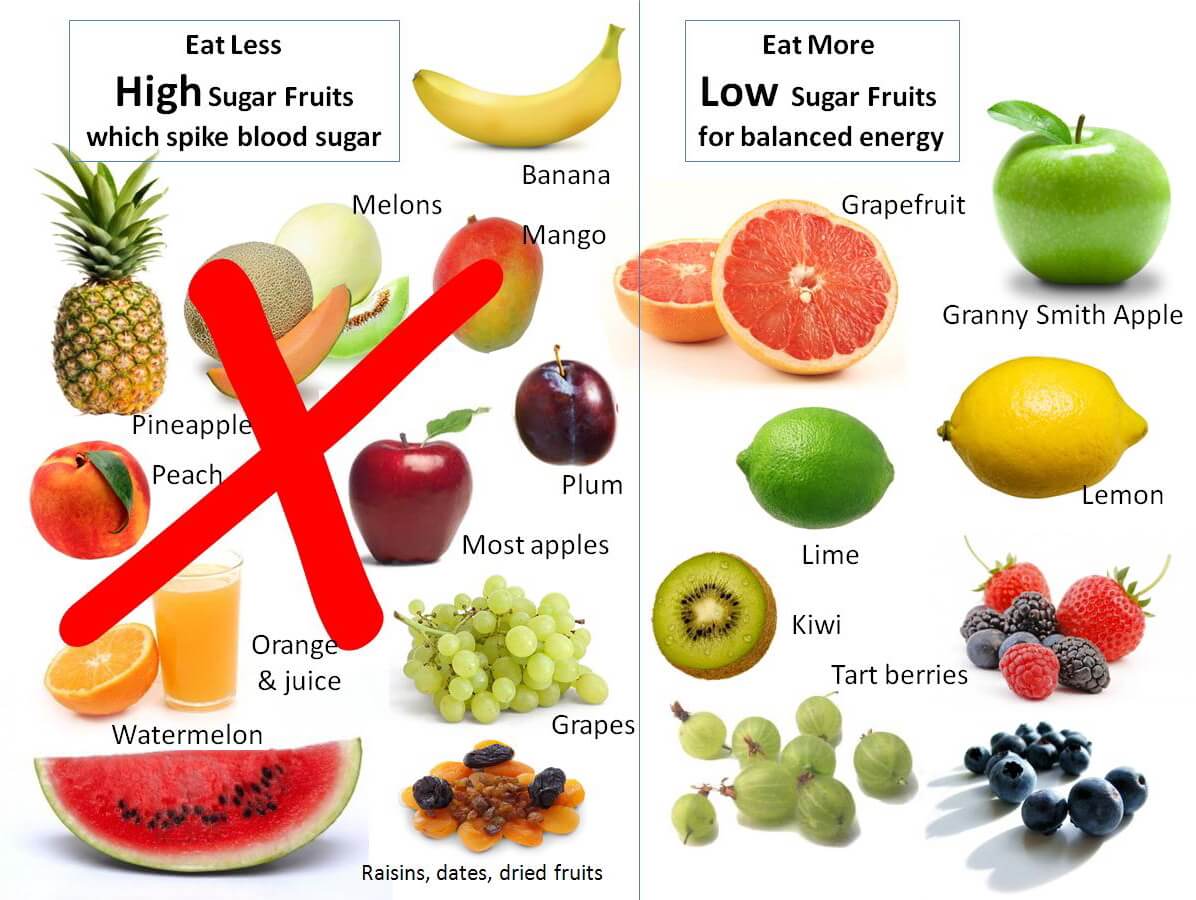If youâre like most people, you probably think that fruit is healthy, and even may boost your weight loss. What you donât know is that fruit could be the culprit behind your weight gain, or struggle to lose those last 10 lbs.
Unfortunately, fruit and its sugar, fructose, are not as healthy as advertisements claim them to be. Fruit might not be making you gain weight like crazy, but it is important to understand that you canNOT eat as much fruit as you want and still expect to lose weight.
Why Fruit Has a Limit
Fresh fruit is a healthy choice and loaded with vitamins and antioxidants; however fruit still contains calories and carbohydrates. These are two things that can stop your weight-loss progress in its tracks if left unchecked.
Whether or not you should eat fruit while dieting has always been a controversial topic. The Internet is cluttered with articles claiming that eating fruit will make you fat, while more recently Weight Watchers has deemed fruit a âzero points foodâ as part of the Points Plus system, allowing dieters to eat all the fruit they want without it impacting their daily points total.
Which is correct? Is your daily cup of blueberries to blame for that extra layer of belly fat you canât seem to burn off? Or is it an innocent bystander in your quest for your ideal body? One of the reasons that fruit is so controversial is because it can be a double-edged sword. While fruit is a very nutritious food that should be included in a weight loss diet, there may come a time when you will need to reduce or temporarily remove fruit from your diet to reach your goals. Letâs take a closer look at both sides of this controversy.
Fruit vs. Weight Loss
The carbohydrates in fruit do not have a huge impact on your blood sugar levels, as most fruits have a low glycemic load. Fruits can also supply a significant dose of fiber to your diet, which will slow digestion and make you feel fuller. For example, just one cup of raspberries contains 8 grams of fiber.
Fruits like blueberries are also a good source of antioxidants, which can help lower your blood pressure, fight off oxidative stress, and in some cases work at the DNA level to aid in weight loss.
Fruit has multiple benefits that warrant it being a staple in your diet; but what about its supposed dark side?
The Problem with Fructose
Fruit is high in the simple sugar fructose, which is the main reason why many people trying to lose weight remove it from their diet. Unlike glucose, the most common simple sugar thatâs sent to your muscles, brain, and other organs for them to use as energy, fructose is only processed by your liver. Why is that bad? If your liver already has ample energy, there is a higher likelihood that your liver will repackage the excess fructose as fat, saving it for use at a later time. While this is a biochemical truth, its impact on your waistline is blown out of proportion, especially when you consider that fruit isnât even one of the top five sources of fructose in the American diet.
How Much Fruit is Okay?
Limiting carbohydrate intake to 100 grams per day is a common target for people using a moderately carbohydrate-restricted approach to weight loss. If that is the case, eating two bananas and one apple will take up 84 percent of your carbohydrate intake for the entire day. Even if you are eating 1800 calories per day and 40 percent of those calories from carbohydrates (a âzoneâ type approach), two bananas and one apple will take up 46 percent of your carbohydrates for that day.
The main point is that fruits are not âfreeâ foods, and that treating them that way could quickly derail your weight-loss efforts. Itâs easy to eat 100 grams worth of carbohydrates in one day from fruit alone, and if youâre treating them as if they have no caloric value, you will unknowingly be eating 400 extra calories per day.
How to Enjoy Fruit and Still Lose Weight
1. Focus on berries, fibrous, and small fruits. Raspberries, blueberries, strawberries, kiwis, clementines, plums, peaches, and small apples are the kinds of fruits you should reach for first.
2. Enjoy fruits in moderation but focus on eating more vegetables. Fruits are good, but vegetables, especially green leafy or fibrous vegetables, should be a focus on your plan.
3. If you need to cut carbs/calories from your diet, start with grains and starchy carbs and then move onto fruits. There comes a time in everyoneâs diet when they need to eat less. Always remove the most carbohydrate-dense foods first (as they will be the most calorie-dense of your carbohydrates as well). Youâll find that as the carbohydrates and calories in your diet get lower, when youâre really starting to hone in on losing the stubborn fat, your fruit intake will be decreased as a function of how you have progressively removed foods from your diet.

Sources:
http://www.shape.com/weight-loss/food-weight-loss/ask-diet-doctor-fruit-really-free-diet-food


